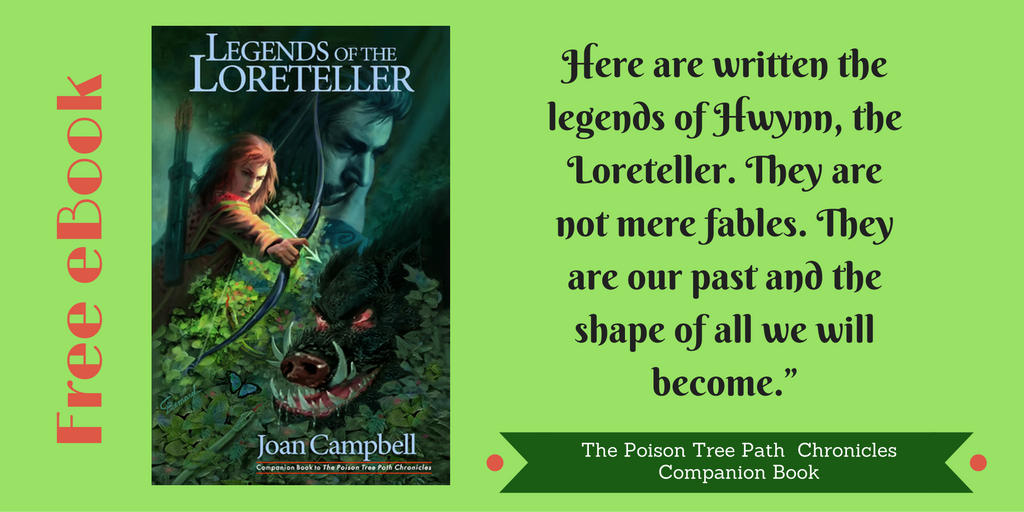Jesus’ parables were allegorical. An allegory is a story where symbolic figures, actions or representations express deeper truths. In the parable of the prodigal son, for instance, the father represents our heavenly Father, while the son represents every person who has ever wandered off the right path before returning to the Father’s welcoming arms.
Early Christian Allegories
The Christian tradition has a long history of allegorical writing, the best known probably being John Bunyan’s The Pilgrim’s Progress (1678), which tells the story of “Christian” on his way to The Celestial City. Hannah Hurnard’s Hind’s Feet on High Places (1955), is also a well-known and clear allegorical story of a character called “Much Afraid” making the journey to the High Places of the Shepherd.
C.S. Lewis’s Chronicles of Narnia (1950-56) contains much allegory, although the symbolism (such as the death and resurrection of the Christ-figure, Aslan) is subtler than in Bunyan and Hurnard’s works.
A Surprising Critic of Allegory
A surprising critic of allegory was the author of Lord of the Rings, J.R.R. Tolkien, who said, “I cordially dislike allegory in all its manifestations, and always have done so since I grew old and wary enough to detect its presence. I much prefer history – true or feigned– with its varied applicability to the thought and experience of readers.” He declared Lewis’s Narnian Chronicles “outside the range of my sympathy,” which sounds like a polite way of saying he wasn’t all that enamoured with his good friend’s writing!
Is There Still a Place for Christian Allegory?
Since writing and publishing my third novel Guardian of Ajalon, I’ve been wrestling, with the question of whether there is still a place for allegory in Christian writing. The final book of The Poison Tree Path Chronicles, Guardian of Ajalon is more allegorical than the two preceding books. In the first part of the trilogy, Chains of Gwyndorr, my characters discover a book written in an ancient, forbidden tongue. In Guardian of Ajalon, this book’s words are finally unveiled, vividly drawing my characters into Prince E’Shua’s world and mission of redemption, while pointing my readers—as Lewis did with Aslan—to Christ.
What Readers say About Allegory
When I asked fellow writers and readers whether they thought allegory was still relevant to a modern audience, most of them said they thought it was.
“Done right Christian allegory is a much-needed bridge between the modern anti-Christian rhetoric and the truth of the gospel.” (Allen Brokken)
“A well written allegory is never a bad thing. I prefer to read books that capture my imagination and am often drawn to books that are allegorical in nature because of that.” (Marlene Rempel)
“I personally like allegories. They help me understand concepts that are hard to wrap my mind around, or to see them in a new light. My book Waking Beauty definitely has allegorical elements. Putting some of my spiritual questions into fantasy form helped me work through some of my hardest spiritual issues.” (Sarah E. Morin)
Stories to Capture Hearts, Minds and Imaginations
Sarah and I are not the only modern Christian authors to write allegorical books. Karen Hancock’s Arena, Ted Dekker’s Circle Novels and Joshua Johnston’s Chronicles of Sarco are all recent examples of books with a deeper allegorical message.
I believe the majority of today’s readers want a more complex story than the early allegories, such as Bunyan’s work, provided. Modern Christian authors must therefore ensure that the allegorical elements are woven into a story that captures, not only the hearts and minds of readers, but also their imaginations.
Psst…Join in the Guardian of Ajalon Facebook Party this Saturday at 12 pm EDT to win fantastic Book-ish prizes

Joan Campbell’s fictional worlds are rich with quests and heroes, intrigue and adventure. Her fantasy trilogy, The Poison Tree Path Chronicles, consists of Chains of Gwyndorr (2017 Illumination Award gold medallist), Heirs of Tirragyl and Guardian of Ajalon. She is also the author of Encounters: Life Changing Moments with Jesus, a book of stories, reflections, prayers and art. Joan lives in Johannesburg, South Africa. She teaches and speaks on the topics of creativity, courage and transformation, all the while learning to put into practice the theme of her own writing: “Live your Quest – Be a Hero.”
Subscribe to Joan’s newsletter and receive Legends of the Loreteller (eBook) for Free.
Visit Joan’s Amazon Author Page to browse her books

